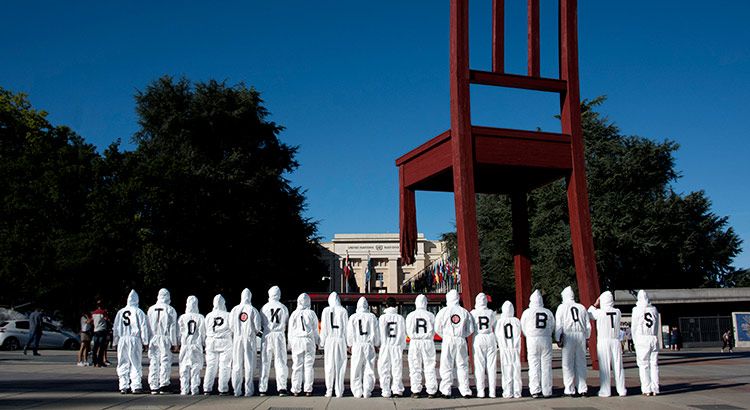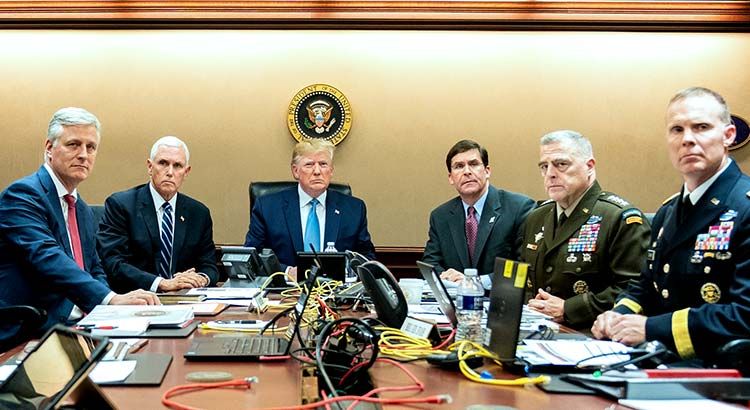Beyond the Code: Unveiling Gender Dynamics in AI and Cybersecurity for International Security
Emerging technologies are transforming foreign and security policy as they challenge traditional understandings of power, influence and security. Developments in artificial intelligence (AI) and the increasing importance of cyberspace are some of the most prominent in this regard. Yet, not only are there repercussions for security when narrowly conceived as state security, but they also affect gender relations and human security more broadly. Gender as an analytical category allows us to shed light on the impact of emerging technologies on inequalities, power and violence.



